Gaps over several issues between Iran, IAEA narrowed: Foreign Ministry to Press TV
The Iranian Foreign Ministry's spokesman tells Press TV that ongoing discussions between Mohammad Eslami, head of the Atomic Energy Organization of Iran (AEOI), and Director General of the International Atomic Energy Agency (IAEA) Rafael Grossi have led to progress and that gaps over several issues of mutual interest have narrowed.
Saeed Khatibzadeh made the announcement in an exclusive interview with Press TV on Tuesday, adding, “I don't want to go into details but I can anticipate that the two sides reach an understanding soon.”
Earlier in the day, Eslami told reporters on the sidelines of an event in the Iranian capital, Tehran, that the cooperation between Iran and the IAEA will only by limited to the UN nuclear watchdog’s safeguards and the Non-Proliferation Treaty (NPT).
Eslami also said the IAEA’s request to access the TESA Karaj Complex, a centrifuge component manufacturing workshop in north-central Iran, is beyond the safeguards agreement and therefore “unacceptable.”
He further noted that if the UN nuclear watchdog seeks access to the nuclear site under the 2015 Iran nuclear agreement, also known as the Joint Comprehensive Plan of Action (JCPOA), all other parties should move to fulfill their obligations.
“If the JCPOA is slated to be operational, all [parties] must fulfill their obligations and it is not that Iran fully complies with its obligations and the other party does not fulfill its obligations,” he asserted.
"When they do not fulfill their commitments and impose harsh, illegal and unjust sanctions on Iran and expand them every day, there is no reason to force us to comply with them [Iran’s obligations under the JCPOA]. We act within the framework of IAEA safeguards and NPT and do not accept anything other than that,” Eslami added.
The JCPOA was inked by Iran and six world powers in 2015. Under the deal, Tehran agreed to put limits on certain aspects of its nuclear activities in exchange for the removal of draconian international sanctions imposed against the country.
In 2018, however, the US pulled out of the pact and reinstated sanctions under the so-called ‘maximum pressure campaign’ against the Islamic Republic, effectively depriving Iran of the deal’s benefits by forcing third parties to stop doing business with Iran.
Iran remained patient for an entire year, after which it began to take incremental steps away from its nuclear obligations, especially after Europeans failed to salvage the deal under the US pressure.
The Islamic Republic’s decision to ramp up its nuclear activities prompted other parties to revive talks earlier this year.
Iran and the five remaining parties to the JCPOA -- Germany, Britain, France, Russia and China -- began the talks in the Austrian capital in April with the aim of removing the sanctions after the US, under President Joe Biden, voiced its willingness to return to the agreement.
During the seventh round of the Vienna talks, the first under President Ebrahim Raeisi, Iran presented two draft texts which address, separately, the removal of US sanctions and Iran’s return to its nuclear commitments under the JCPOA. Tehran also said it was preparing a third draft text on the verification of the sanctions removal.
Ali Bagheri Kani, Iran’s chief negotiator to the Vienna talks on the removal of anti-Iran sanctions, censured on Tuesday Western parties over their insistence on playing a blame game against Iran, advising them to pursue real diplomacy.
“Some actors persist in their blame game habit, instead of real diplomacy. We proposed our ideas early, and worked constructively and flexibly to narrow gaps,” Bagheri Kani wrote in a post on his Twitter account.
“Diplomacy is a two-way street. If there’s real will to remedy the culprit’s wrongdoing, the way for a quick, good deal will be paved,” he added.
Prior to and in the midst of the fresh round of talks, American and European diplomats voiced strong pessimism about the prospects of the talks, claiming Iran was not serious.
The Americans, in the meantime, have said they will not remove all the sanctions that they imposed on Iran after their withdrawal. They have also declined to provide guarantees that the US will not leave the JCPOA again, once it is accepted back into the deal.
Machado resurfaces in Norway for dubious Nobel after fleeing Venezuela
Tehran slams US 'harassment' of Iranian diplomats to UN
Ayatollah Khamenei: Iran advancing despite many challenges
Baby dies of cold as winter hits displaced Gazans amid Israeli attacks
Nuclear chief: Iran should turn from buyer to creator of technology
Swiss MPs urge revocation of UEFA tax-exemption over Israel ties
'No war on Venezuela' demonstration in US
Pezeshkian hails ‘decisive step’ in ties as Iran, Kazakhstan seal 14 deals


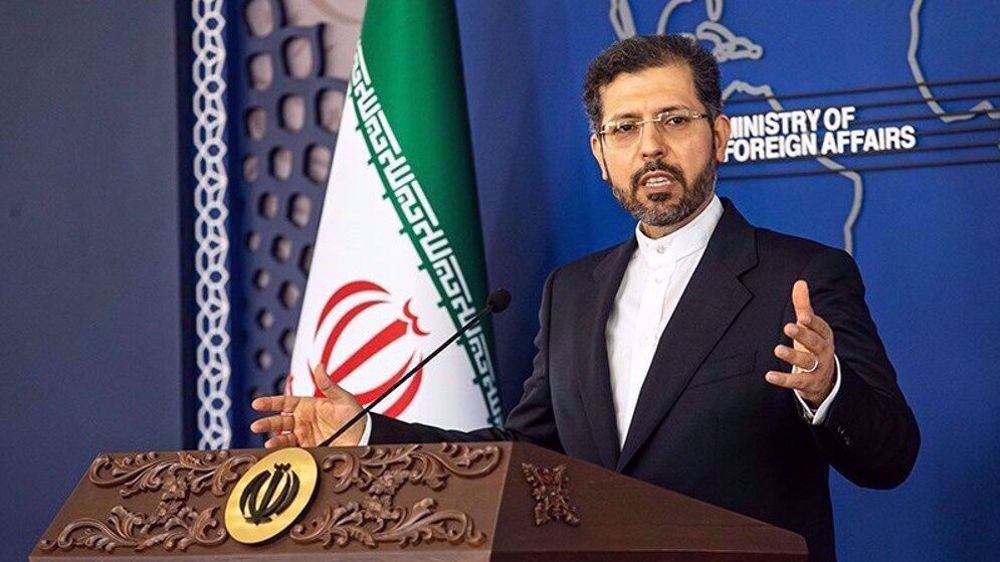
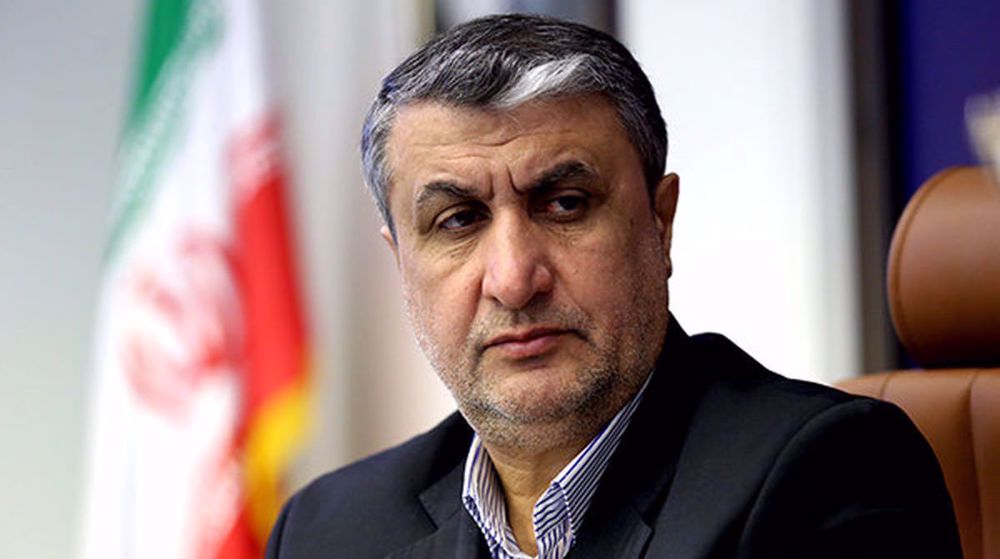
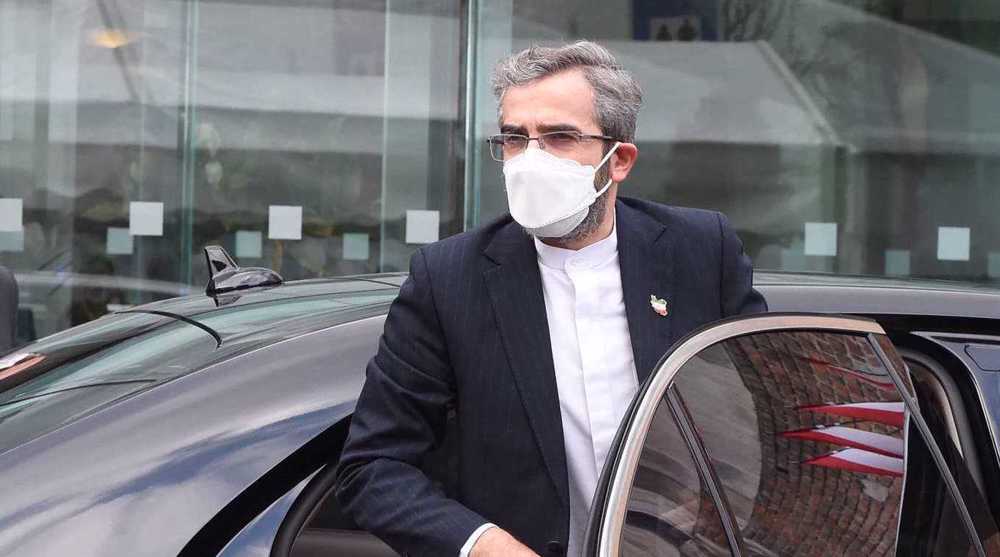

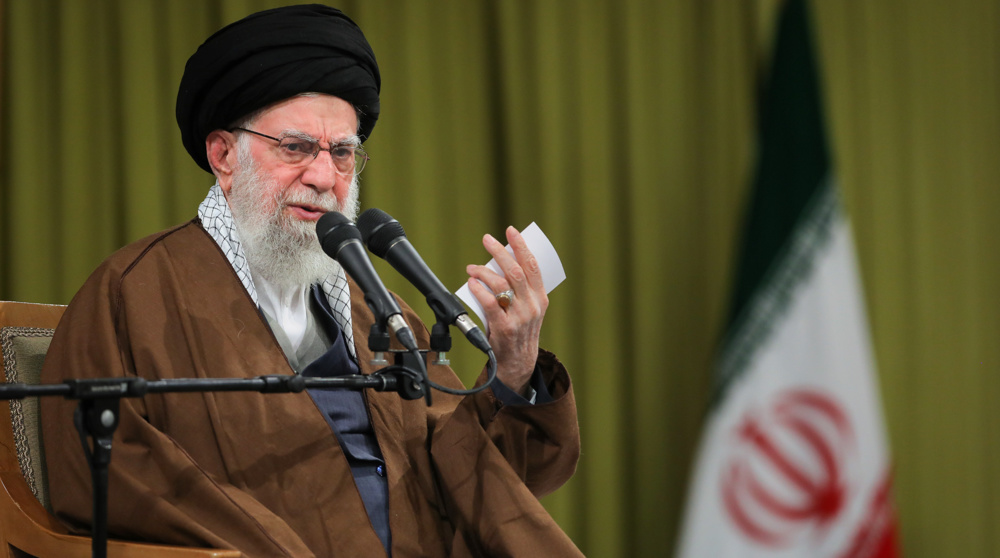
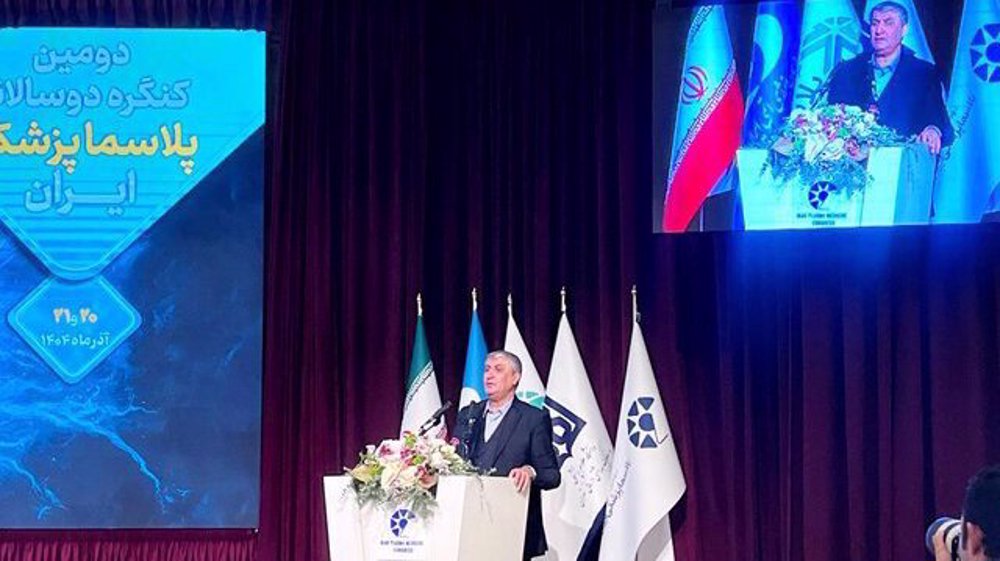




 This makes it easy to access the Press TV website
This makes it easy to access the Press TV website